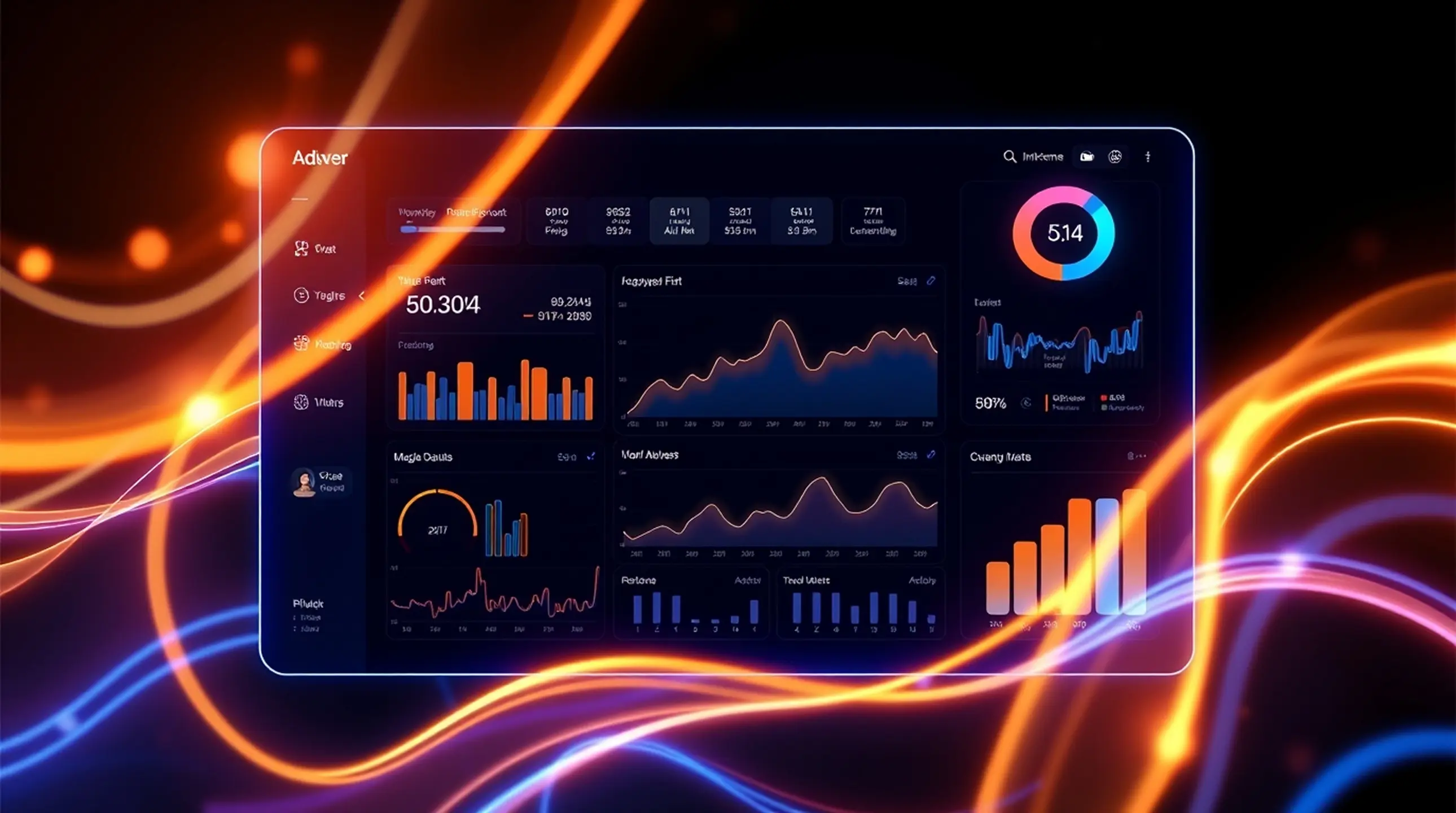Public sector organizations worldwide face an unprecedented array of complex challenges: managing critical resources like water, ensuring public health and safety, optimizing urban development, and delivering efficient services to citizens. These challenges are often characterized by vast, disparate datasets, intricate interdependencies, and the need for decisions that balance economic, social, and environmental impacts. Traditional public administration, often reliant on historical data analysis, manual processes, and reactive policy-making, struggles to keep pace with this complexity. The sheer scale of public data, coupled with the high stakes of public service, makes **Artificial Intelligence and advanced data science** indispensable for navigating this intricate landscape.
At Zyllica, we harness the power of Artificial Intelligence and advanced analytics to revolutionize how public sector challenges are understood and addressed. Our methodology transforms traditional public administration into a data-driven, intelligent, and highly effective science. Our approach includes multi-agency data integration, predictive modeling for anticipatory governance, and optimization algorithms for resource allocation, enabling proactive and robust policy design.
Implementing AI solutions for solving complex public sector challenges offers profound benefits for governments and citizens. It leads to proactive problem solving, optimized resource utilization, and evidence-based policy making. This fosters transparency and demonstrates a commitment to data-driven, citizen-centric governance, positioning public entities as innovative leaders in leveraging technology for societal benefit.
Contact Zyllica's Science Team to discuss how AI can empower your strategic decisions and enhance public value.
More Thought-Provoking Insights

Water scarcity is a global challenge. This article explores how AI can transform traditional, reactive water management into a proactive and predictive science, enabling intelligent consumption rationalization and ensuring a sustainable water future.

Effective water resource management is hindered by unmetered water concessions. This article explores how AI and advanced inferential modeling can transform this critical blind spot into a powerful asset, enabling authorities to make informed decisions and achieve a more complete water balance.

Industrial operations are vital for economic growth, but often have a significant environmental footprint. This article explores how AI and advanced analytics can revolutionize industrial emission control, transforming it from a reactive necessity into an intelligent, optimized, and highly effective operational advantage.